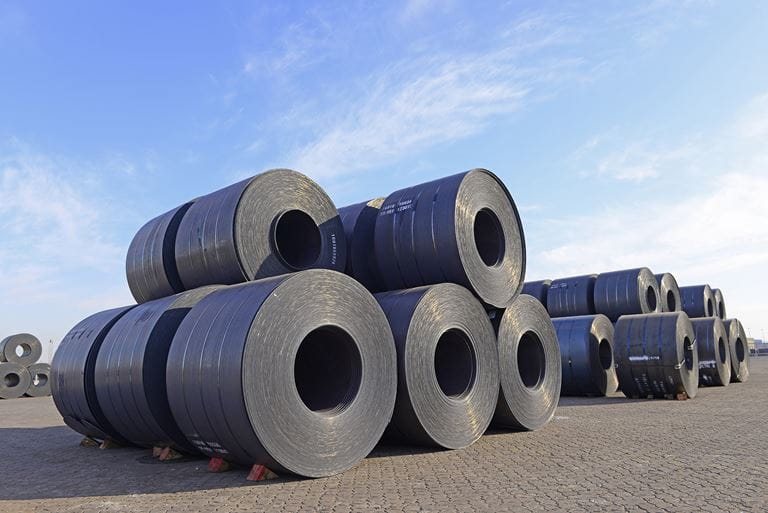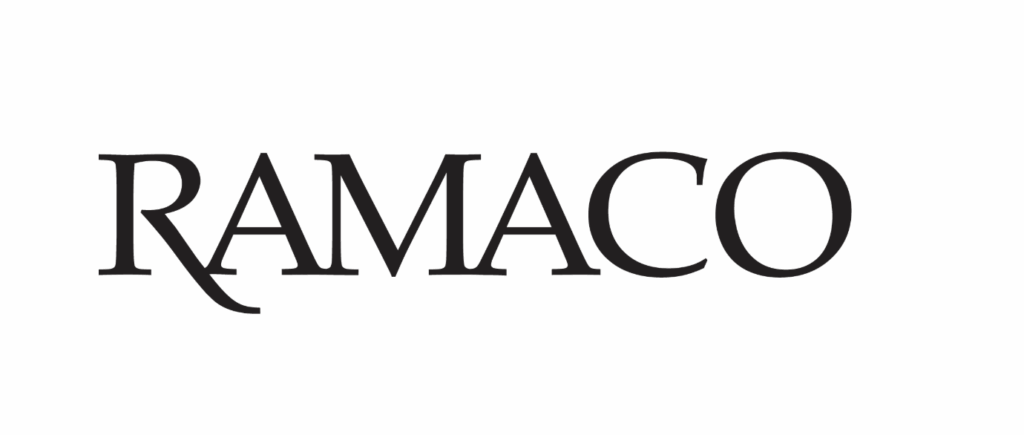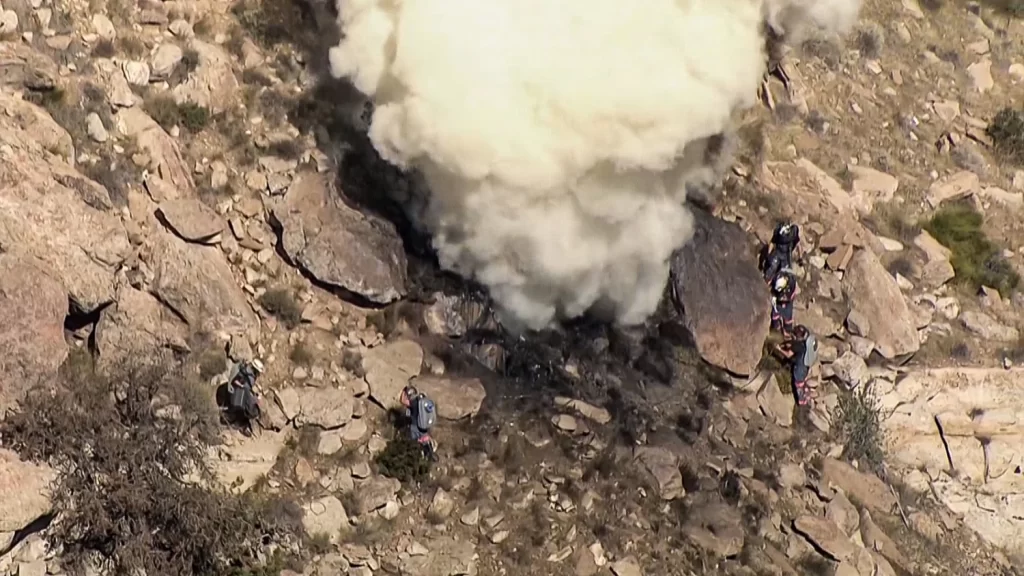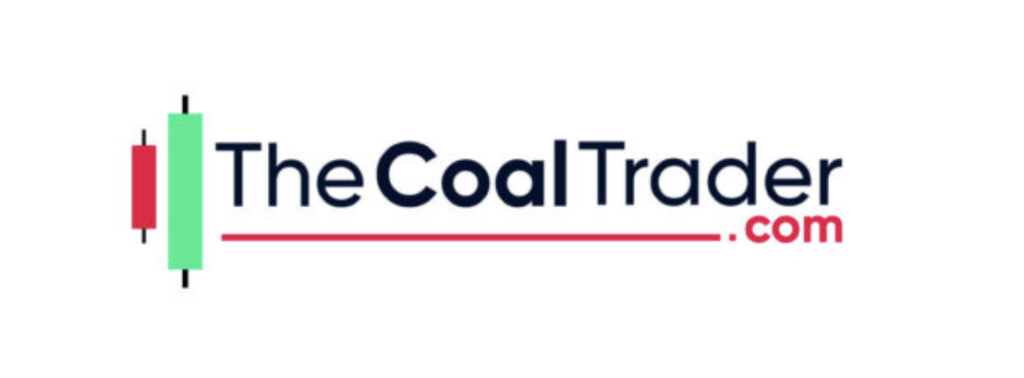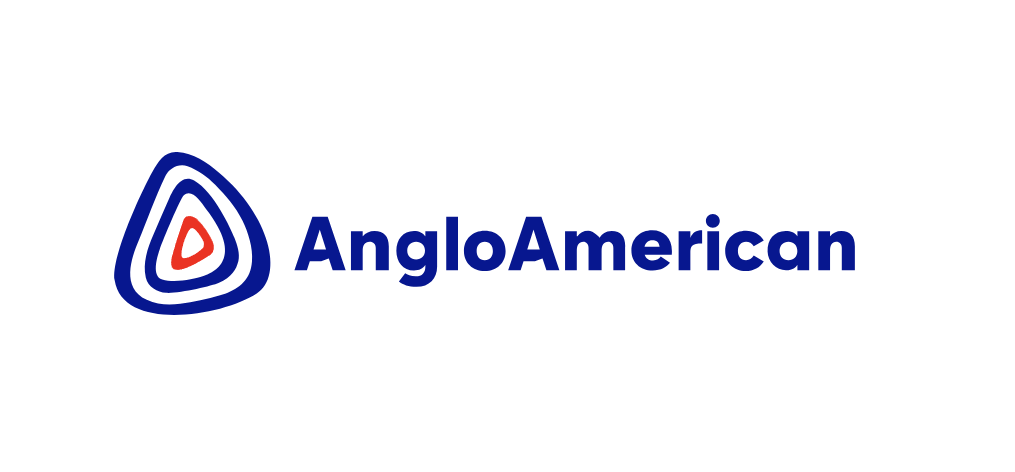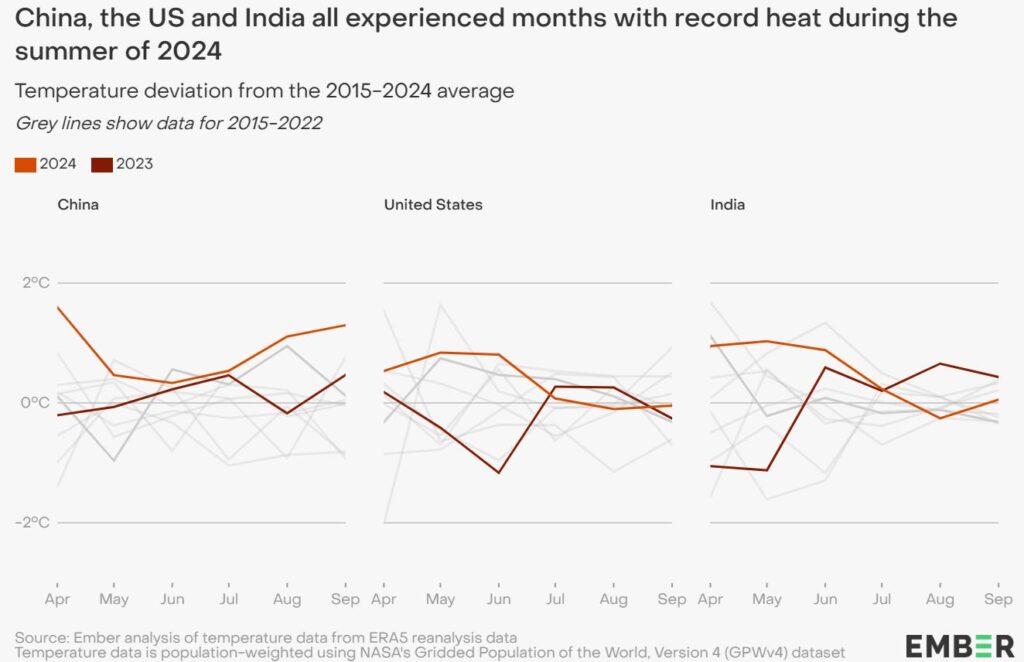The European Union’s recent initiation of an anti-dumping (AD) investigation into hot-rolled flat steel imports from Egypt, India, Japan, and Vietnam has triggered significant responses from global market participants. Concerns are rising over the potential impact on supply chains and pricing across the steel industry.
EU-based traders are particularly cautious, with many advising against purchasing steel for delivery after March 25, 2024, due to fears of retroactive duties. The sentiment within the EU is largely negative, with traders warning that the domestic industry might benefit at the expense of end users, who could face higher costs and reduced competitiveness in exporting finished goods. The investigation could also lead to a decrease in the number of traders, as they struggle with reduced margins, while Chinese traders are expected to gain dominance in the market.
Some traders see potential opportunities for countries like Taiwan and Saudi Arabia, which are not currently facing anti-dumping measures, and for Turkey, which may quickly exhaust its quota. Despite recent volatility in China, some market participants believe that Chinese coils could still enter the European market, even with the imposition of duties.
In Japan and Egypt, the mood is pessimistic. Japanese traders are already feeling the strain of a 15% import cap, and the new investigation adds further pressure, with expectations that Japan will not book new orders for a while. Egyptian producers, particularly EZZ Steel, are also bracing for challenges.
Vietnamese steel producers view the investigation as less impactful due to existing quota limits on exports to the EU. However, they remain concerned about the broader implications of anti-dumping measures on global trade dynamics.
Indian steelmakers have mixed reactions. While some expect the EU to avoid Indian steel during the investigation, others believe Indian mills might still secure orders if duties are manageable. However, high duties could significantly disrupt India’s market presence in the EU. This situation may prompt Indian steelmakers to shift focus toward the domestic market, with some considering initiating their own investigations into imports from countries like Vietnam and China.
Overall, the EU’s anti-dumping probe is poised to reshape the global hot-rolled steel market, potentially leading to higher prices, shifts in trade flows, and increased domestic focus in key steel-producing countries.

